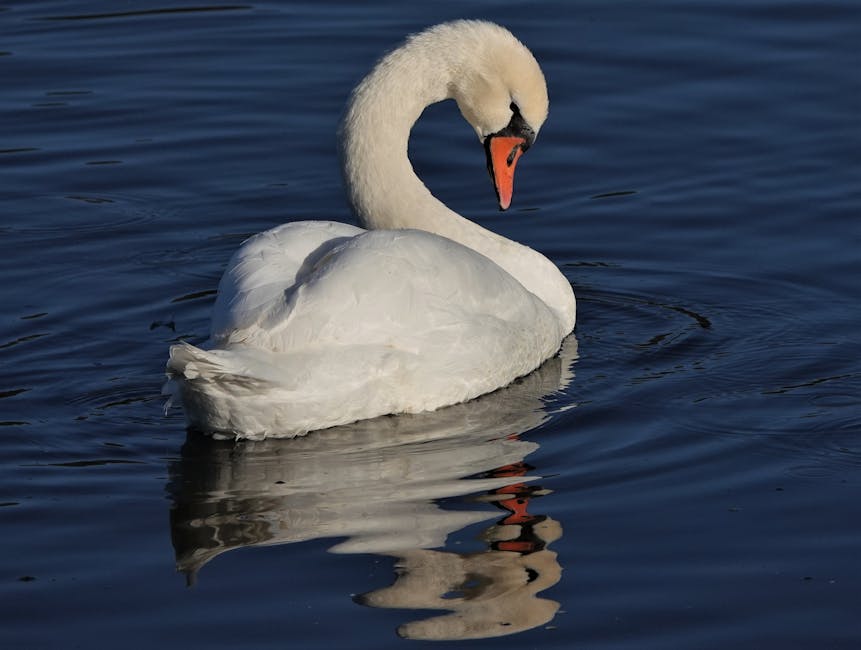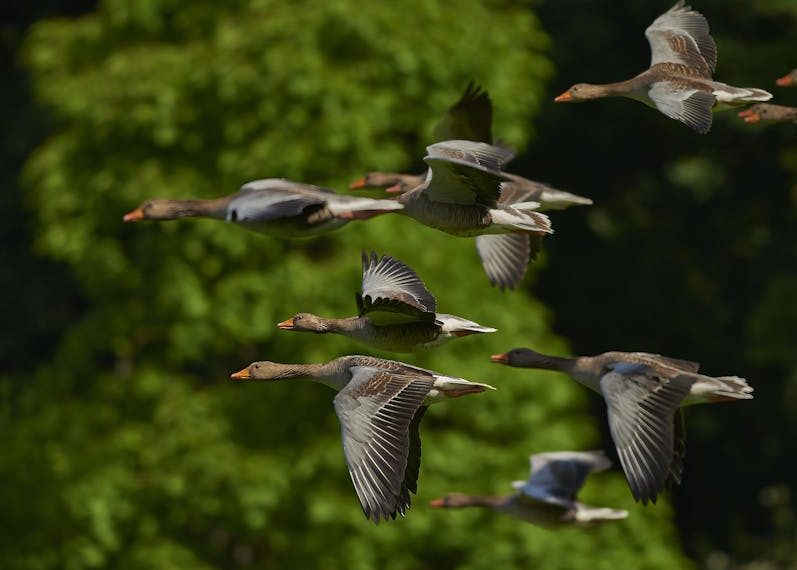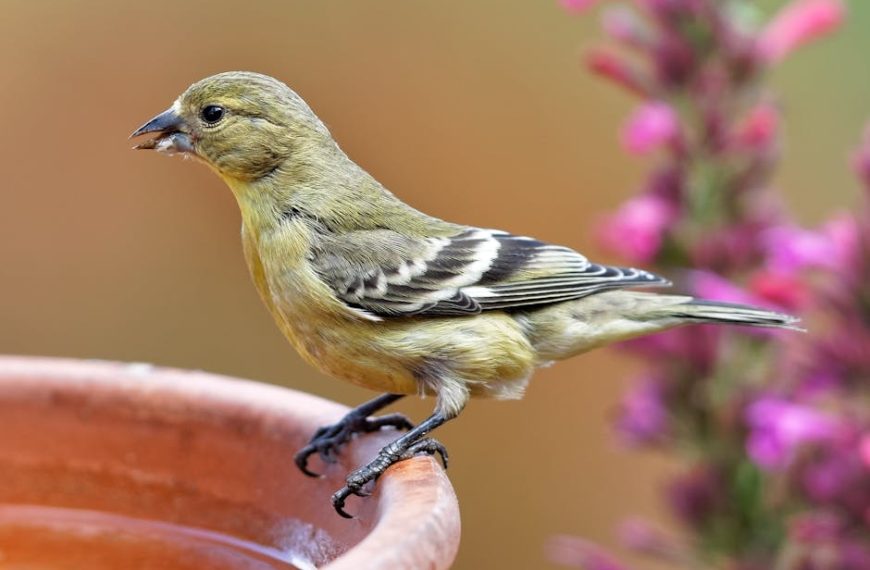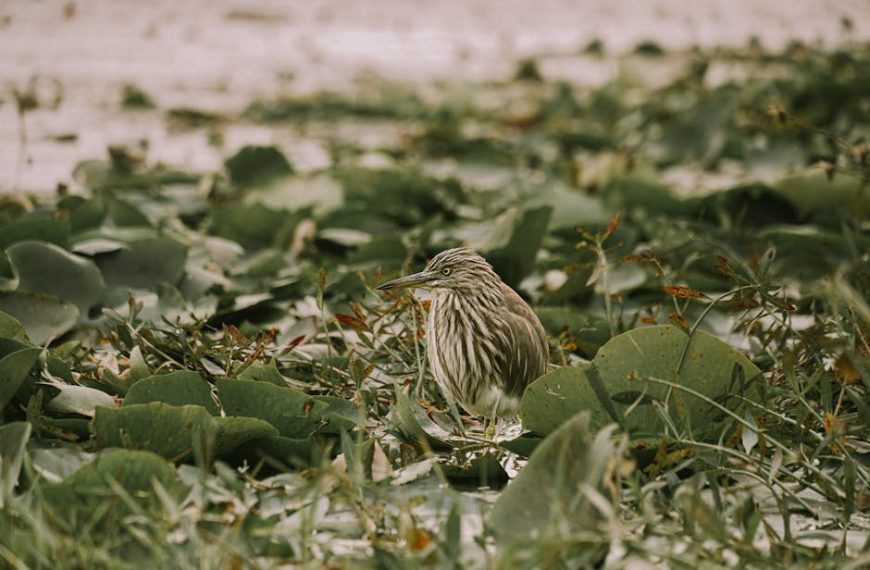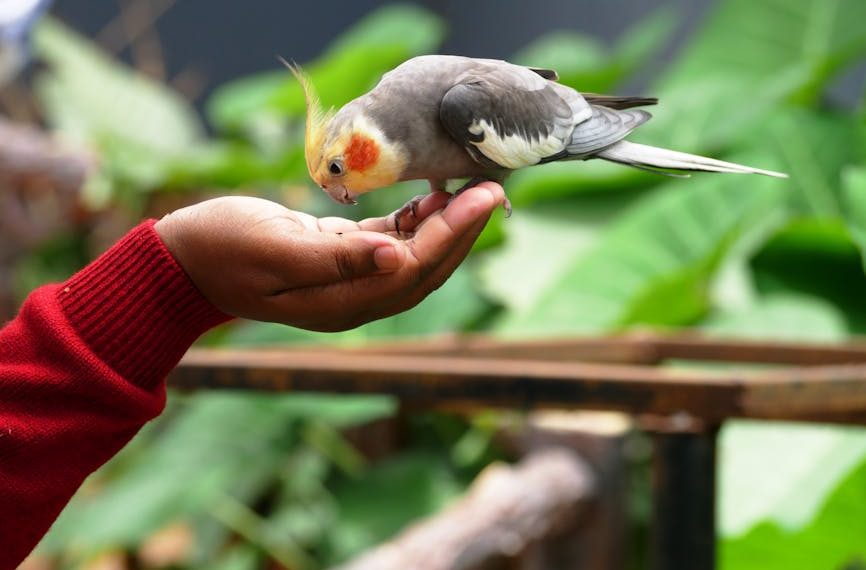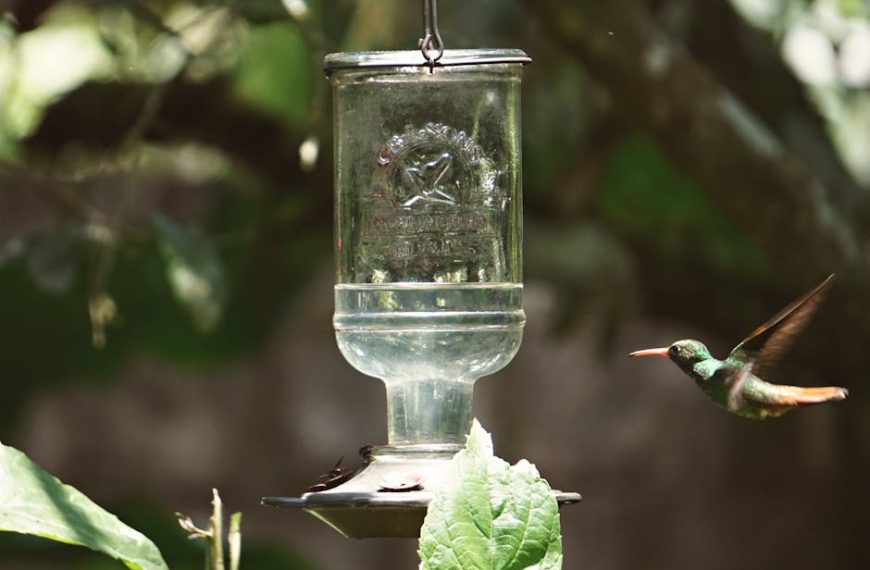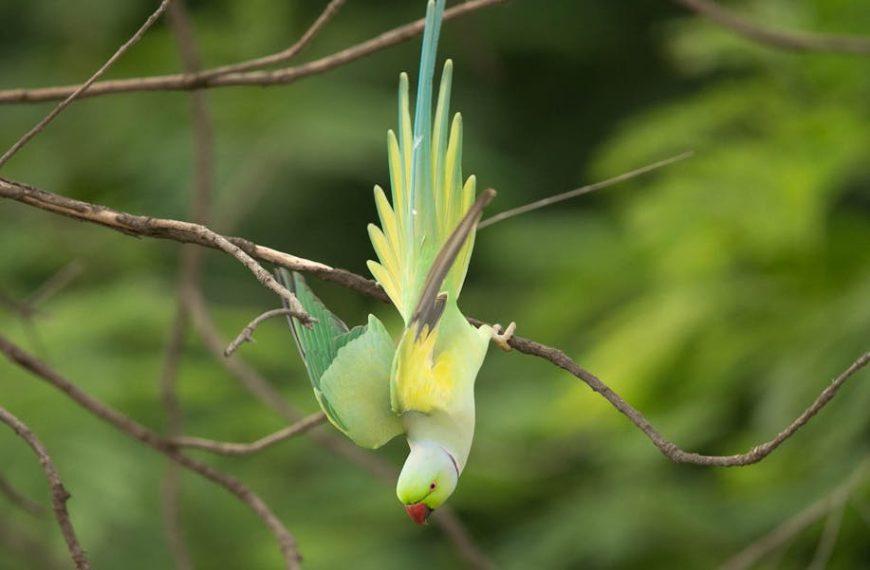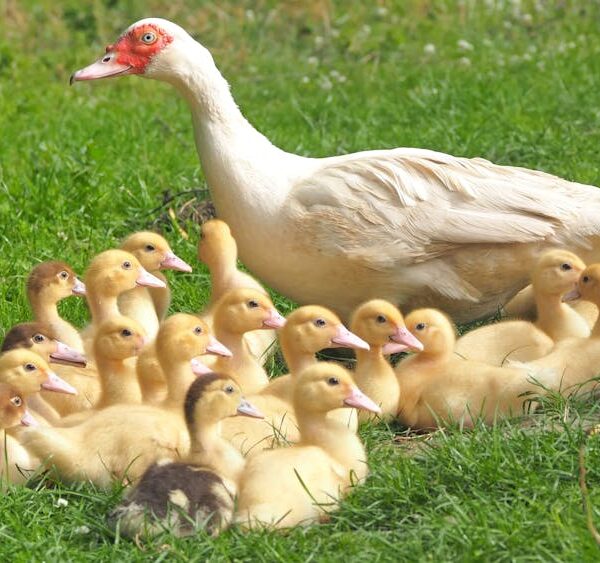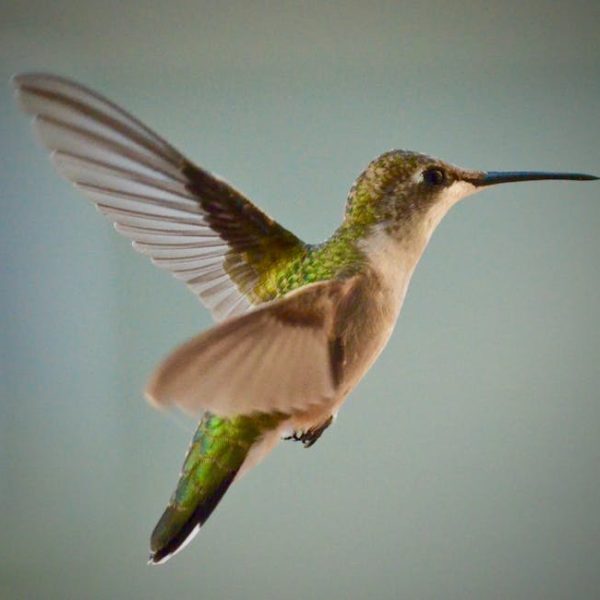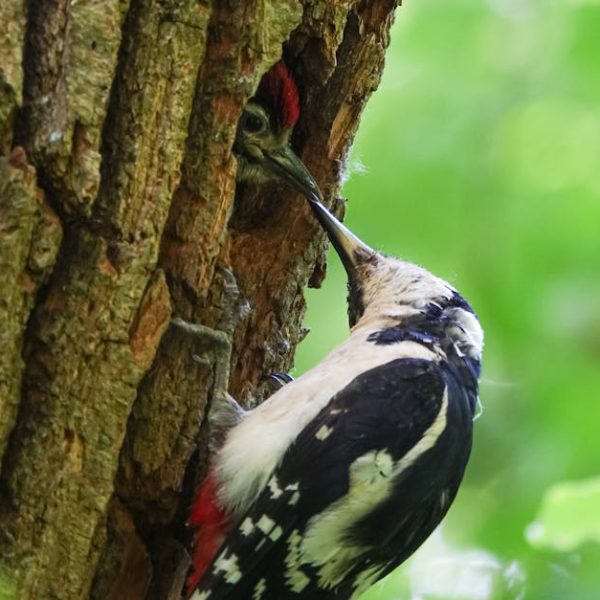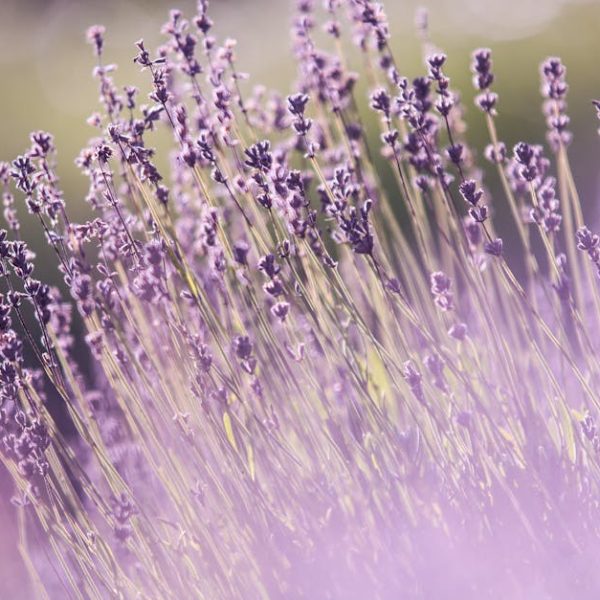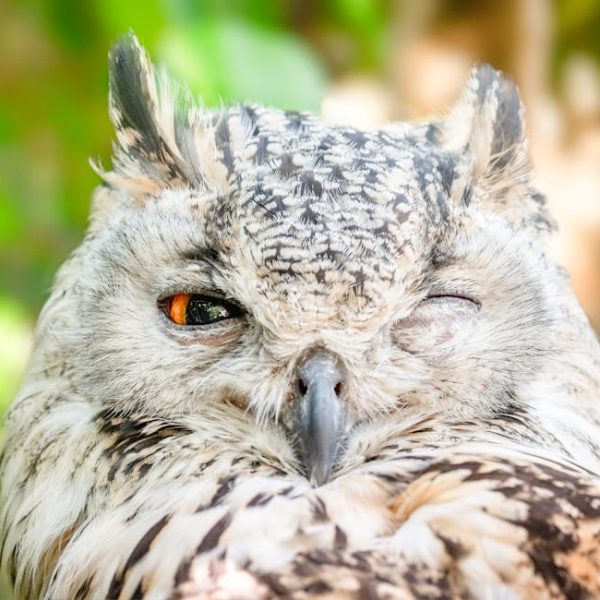Adding a cockatiel to your home can be an exciting prospect. These charming, sociable birds are known for their bright personalities and expressive crests, making them popular pets worldwide. However, potential cockatiel owners need to be aware that the cost of these Australian parakeets extends beyond the initial purchase price, as they require adequate care and maintenance to thrive. By being aware of these costs upfront, you can ensure a comfortable, healthy, and happy life for your new feathered friend.
Initial Purchase Price of a Cockatiel
A new cockatiel’s cost is influenced by factors such as the bird’s age, coloring, and type. For instance, the price of a Cockatiel can fluctuate based on whether you’re purchasing an uncommon mutation like Albino or Lutino, which are usually pricier due to their unique appeal. The place of purchase can also greatly affect the price; for example, pet stores, dedicated bird breeders, and rescue centers each have their pricing structure.
- Pet Store: $70 – $150
- Bird Breeder: $100 – $250
- Rescue Center: $50 – $100
Pro Tip: It’s crucial to ensure the bird has been ethically bred and is in top health before buying. Unscrupulous breeders may sell unhealthy or mistreated birds at lower prices. Always ask for health certificates or vet checks when purchasing a bird. This may increase the upfront cost but can save you significant money and heartache down the line.
Cage and Setup Costs
Once you’ve purchased your new pet, it’s time to create a suitable environment for them. The cage you choose is crucial. It should be spacious so your bird can move around comfortably. They will also need a variety of perches, high-quality toys, as well as food and water bowls.
- Large Cage: $100 – $200
- Perches (variety): $10 – $30
- Toys: $20 – $50
- Food and Water Bowls: $10 – $20
Best Practices: Beyond size, consider a cage with a removable tray for easy cleaning and horizontal bars that encourage climbing and exercise. Toys should be safe, engaging, and diverse – think swings, bells, mirrors, and chew toys. Perches should also be mixed between different materials and thickness to improve your bird’s foot health.
Food and Nutrition Expenses
Feeding a cockatiel is not as simple as pouring birdseed into a bowl. These birds need a varied diet that includes pellets, fresh fruits and vegetables, and an occasional treat of seeds or nuts. This variety ensures they get proper nutrition to maintain good health.
Your monthly feeding costs could vary depending on the type and quantity of food you decide to provide. Typically, a good-quality cockatiel food mix is around $10-$20 per bag, and you may also spend around $10-$20 per month on fresh produce depending on what’s available seasonally.
- Commercial bird food (pellets and seeds): $10-$20 per month
- Fresh food (fruits and vegetables): additional $10-$20 per month
Pros and Cons:
- Commercial bird food is convenient and ensures a balanced diet, but may lack the freshness and variety that birds enjoy.
- Fresh food is key to a varied diet and provides necessary fruits and vegetables, but can be more time-consuming to prepare.
Veterinary Care and Health-Related Costs
Your cockatiel, like any pet, may require regular vet visits and occasional medical treatments. Regular checkups can detect potential health issues early and prevent more severe problems down the line. Some common health issues seen in cockatiels include respiratory diseases, parasites, and vitamin deficiencies. These could cost anywhere from $50 to over $1000 in treatment depending on severity and location.
- Regular check-ups: $50-$200 per year
- Emergency vet visit: $100-$1000+
- Medications and treatments: Varies depending on condition
Best Practices: Regular checkups are vital to catch potential issues early. Maintaining a clean cage, providing a balanced diet, and giving your bird plenty of exercise can go a long way in keeping your pet healthy and minimizing vet bills.
Additional and Unexpected Expenses
You may also need to account for additional costs such as grooming, which may include nail trimming and beak care. Toys for mental stimulation and additional food as occasional treats may also add to the monthly budget.
Accidents and health emergencies can arise unexpectedly, and budgeting for these contingencies is crucial. A small emergency fund could cover these costs and ensure your cockatiel gets timely care without straining your finances.
- Grooming supplies: $5-$15
- Replacement toys: $10-$30
- Additional treat foods: $5-$10
Pro Tip: Consider starting an emergency fund for unexpected vet costs. Even adding a small amount each month can help manage unforeseen health costs.
In conclusion, cockatiels are relatively affordable pets in comparison to dogs or cats. However, it’s important to consider the full spectrum of costs involved – from the initial purchase to ongoing food and care, as well as occasional and emergency expenses. This will ensure not only that you can comfortably afford to care for these delightful birds, but also provide them with a happy, healthy life.
Key Takeaway:
- The cost of a pet cockatiel extends beyond the initial purchase price and includes expenses such as those for buying and setting up a cage, providing nutritious food, routine veterinary care, and budgeting for unexpected health issues.
- Where you buy the cockatiel (pet shop, breeder, rescue center), and factors such as its age, color, and type will affect its initial cost.
- Regular medical checkups and a balanced diet are vital to the cockatiel’s health, helping avoid significant veterinary expenses.
- Additional costs such as grooming and occasional treats must be factored in, and it’s recommended to set aside an emergency fund for unforeseen expenses.
Owning a cockatiel can be a rewarding experience with proper planning and an understanding of their needs. Embrace the process of preparation, take responsibility for their well-being, and ensure a comfortable and fulfilling life for your feathery friend.
FAQs
Q: What if I can’t afford the costs associated with owning a cockatiel?
A: It’s advisable to consider all costs before acquiring a pet. If you are unable to afford the necessary expenses, it might be best to wait until you are financially able or explore other, possibly more affordable, pet options.
Q: I already own a cage; do I need to buy a new one?
A: Not necessarily. If your existing cage is spacious and safe, it can be suitable. However, ensure it meets all essential requirements like enough space for movement, horizontal bars for climbing, and a removable tray for easy cleaning.
Q: Can I feed my cockatiel my food instead of a special diet?
A: Cockatiels require a well-balanced diet, including fresh fruits and vegetables, and pellets or seeds. Feeding them your food may not provide the required nutrients and may even harm their health.
Q: What if I don’t have a vet specializing in birds nearby?
A: It’s essential to find a vet who can properly care for your cockatiel. You can consult with local pet stores, breeders, or animal rescue centers for recommendations. In the absence of a local avian vet, some general veterinarians may also be able to provide basic care.
Q: I am considering adopting a cockatiel from a rescue center, any advice?
A: Adopting from a rescue center can be a wonderful way to give a bird a new home while saving money on the initial cost. However, these birds may have different needs or health issues, so ensure you ask the center about their history and any special care they might need.
Please don’t hesitate to share this article with prospective cockatiel owners and explore more educational posts on our website.
